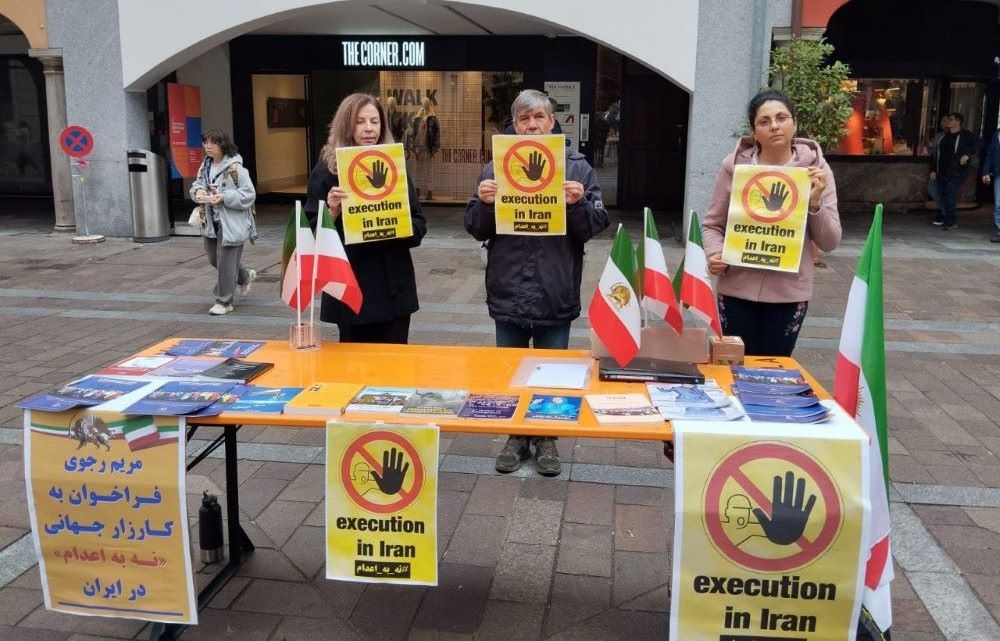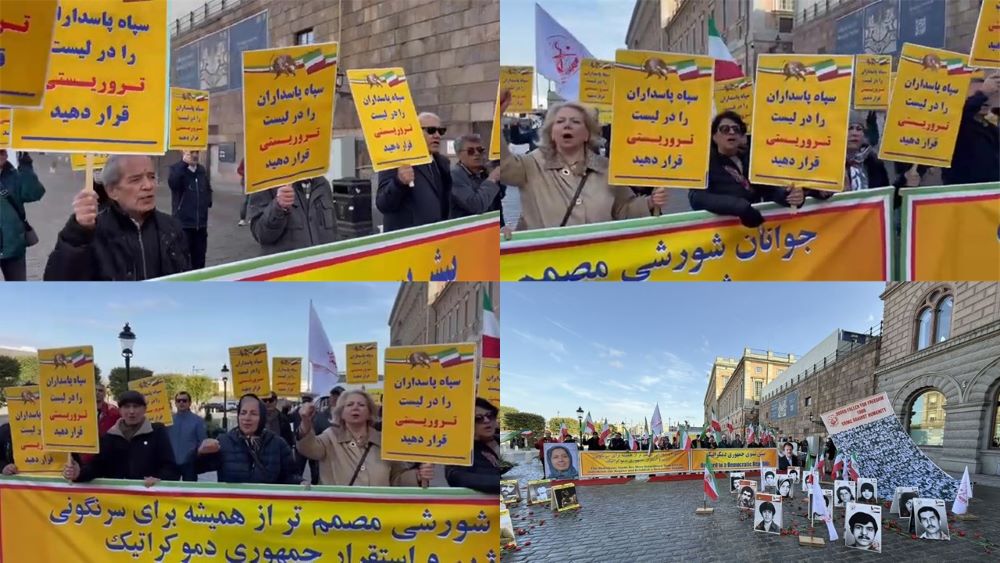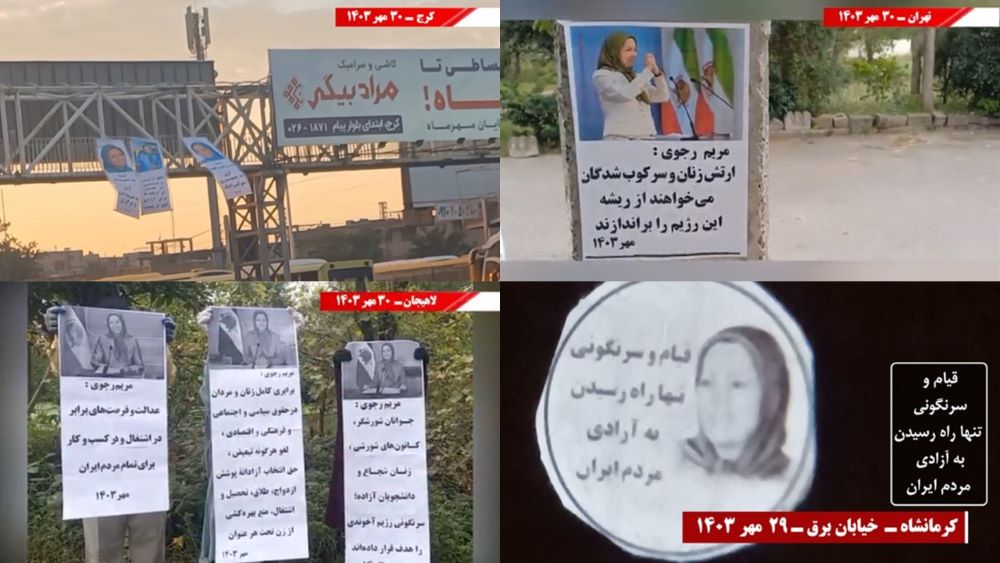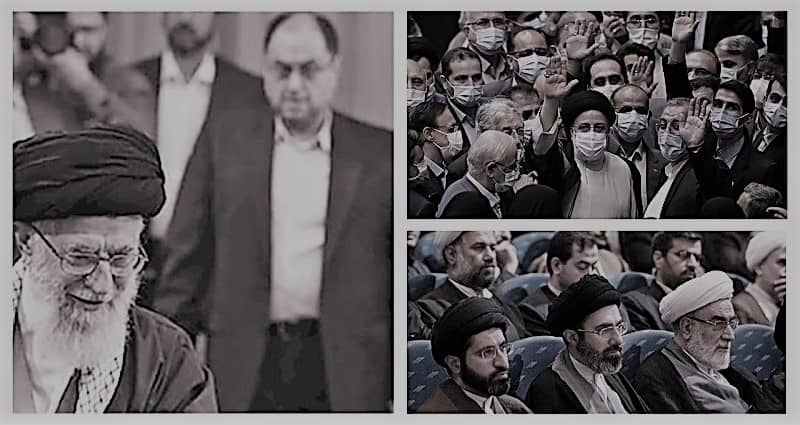
For centuries, economic corruption has been a major problem in many developed countries around the world. In Iran, however, the word ‘corruption’ barely covers the atrocities that the Iranian regime have inflicted throughout their rule, from misappropriation of public funds, to countless cases of embezzlement and the rampant nepotism. The regime clearly embodies the true definition of kleptocracy.
In Transparency International’s 2020 Corruption Perception Index, Iran was ranked 145th out of 180 countries. Before the Iranian regime came to power during the 1979 revolution, the Shah’s monarchy was already well known for nepotism and state corruption. It seems that the regime has merely followed the trend, and increased it ten-fold.
The National Council of Resistance of Iran (NCRI) said, “Technological advances and broader access to education in the 21st century have enabled more citizens to be elected to political office, gradually strengthening meritocracy. But this is not the case in Iran under the mullahs’ regime.”
In the state-run Jahan-e Sanat daily’s January 17 publication, they openly mocked the regime’s nepotism, stating that, “They come in buses and occupy high positions, and the only thing that does not matter is merit.”
Since Ebrahim Raisi rose to the regime’s presidential role in August 2021, there has been a sharp increase of the appointment of relatives and acquaintances of officials to important positions within the regime. Many people have suggested that this is all part of the Supreme Leader, Ali Khamenei’s policy to close ranks and retain power within a regime on the verge of collapse.
In recent months, there have been a number of notable cases of nepotism, and while they were openly acknowledged by the regime’s media outlets, Raisi made a shameless claim back in November.
He said, “Nomination is based on competence and merit. Camaraderie, kinship, and media pressure do not affect my choice.”
The NCRI said, “Days after Raisi’s bogus claims, a classified letter by Raisi’s Minister of Petroleum Javad Owji was leaked, in which he ordered the Ministry’s human resources department to hire Nafiseh Sangdovini, the daughter of Ramazan Ali Sangdovini, a parliamentary deputy close to Raisi.”
Despite a limited education, and no experience in executive leadership roles, Raisi managed to rise to the role of President of the Iranian regime, with a helping hand from Khamenei of course. What was completely overlooked, was his history of crimes against humanity, including the brutal massacre of over 30,000 political prisoners in 1988. Raisi served as a member on a panel of judges, known as the ‘Death Commission’, sending thousands of innocent prisoners to their deaths for their alliance to a group advocating freedom and democracy, which stands at a great opposition of the regime’s theocratical views.
The NCRI said, “The Iranian Resistance, in an exclusive report on the regime’s internet censorship bill, revealed how Zakani’s daughter and her husband will stand to profit substantially from the regime’s plan to force international social media platforms out of Iran.”
The report highlighted that domestic social media companies, such as the Sharif Amid Computer Company, will take over the market as soon as the international platforms are banned. This particular company is owned and ran by Maryam Zakani, the daughter of Tehran’s Mayor, Alireza Zakani. Her husband, Hossain Heydari, also works for a company that specialises in application development.
Speaking of the appointment of Heshmatollah Ghanbari to the role of managing director of a tourism company, despite his clear lack of experience within the field of management, the state-run Aftab-e Yazd daily stated, “Everywhere you look in the country, we see such appointments.”
The NCRI said, “While most Iranians cannot earn even a decent living and are deprived of staples like bread while being forced to spend the night sleeping on buses or empty graves, the ruling kleptocracy continues to plunder public funds. Since its foundation, the mullahs’ regime has been firmly based on systematic corruption and mindboggling nepotism.”
Back in 2016, the regime’s current Parliament Speaker, Mohammad Bagher Ghalibaf stated that within Iranian society, 4% of the country’s citizens have a decent life, with those 4% being the regime’s officials and their relatives. Whilst on the other hand, an ever-increasing number of Iranians are forced to travel across the border to Iraq and sell their kidneys to be able to afford to provide for their families.
It seems that Khamenei is clearly aware that the regime’s nepotism is merely a tool to help him navigate both domestic and international crises that the regime is facing, but throughout the mullahs’ four decades of authoritarian rule, he has come to realise that fear is a more useful tool than respect.
The NCRI said, “The supreme leader wants to make sure his regime survives. But blinded by his greed for power, just like any other dictator like the Shah, he himself is making the biggest mistake; underestimating the Iranian people’s determination to overthrow his regime.”

